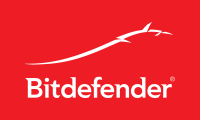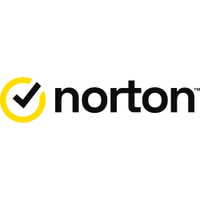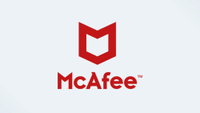The best antivirus software 2025: Tested and reviewed
These are the best antivirus programs to protect your Windows PC and your data

There is no quicker way to ruin your computer, eat up your free time, increase your blood pressure, wreck your credit and reputation and create endless hassles and complications for yourself than to get infected with malware or a virus. Despite that, only 63% of internet users claim to use antivirus software according to a report from Surfshark.
While it may seem complicated and confusing to shop for antivirus software, we’ve done a lot of the heavy lifting by putting our decades of experience and extensive testing to use in this guide. We’ve researched top brands, tested them to see how well they perform on your system, researched how well they perform their antivirus protection duties, examined their interfaces to see how easy they are to operate and judged their features for usefulness.
In addition to breaking down this guide by top choices, best value and options for best features, best for families and best performance, we’ve also included sections below to help you determine how to choose the best antivirus software for your needs, how to choose between free vs paid antivirus and a helpful FAQ for frequently asked questions that pop up.
The top 3 best antivirus brands
Why you can trust Tom's Guide
1. Bitdefender offers top malware protection and many additional features
Bitdefender Antivirus Plus combines great malware protection with an assortment of useful features and an easy-to-use interface, all at a very affordable price.
2. Norton has good malware protection and plenty of plan options
Norton's antivirus products offer a slew of plan options and features including a password manager, unlimited VPN data, parental controls and even online storage. You can also add on identity theft protection.
3. McAfee offers bargains for big families
McAfee's Antivirus Plus and Total Protection Plus bundles protect up to 10 devices at a reasonable price, while its Total Protection Ultimate has every feature you'd want, all in an easy-to-learn interface.
The quick list
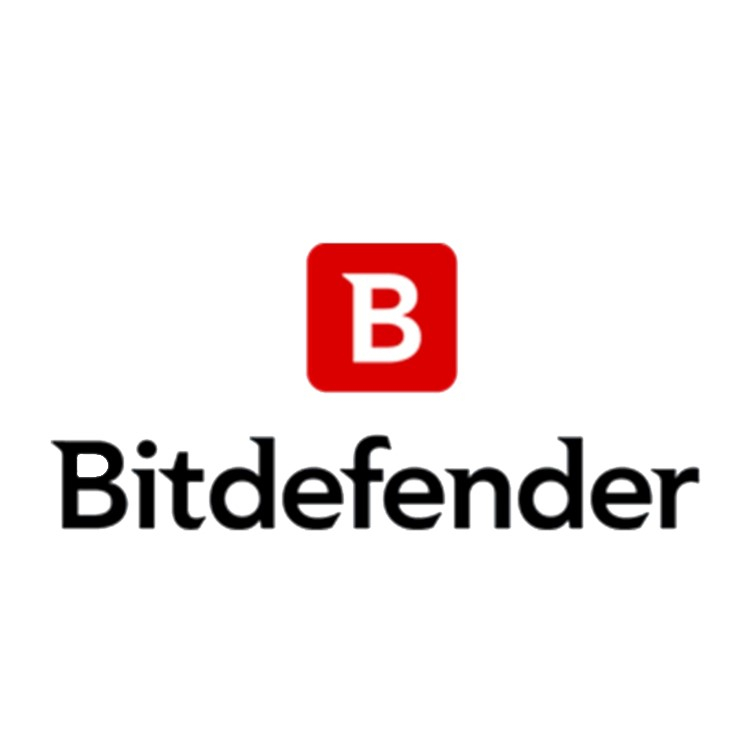
Bitdefender Total Security offers top malware protection against threats old and new, the ability to recover ransomware-encrypted files and VPN access, although it’s limited to 200MB a day. Three large jewels in its security crown include a secure browser, password manager and a file shredder.
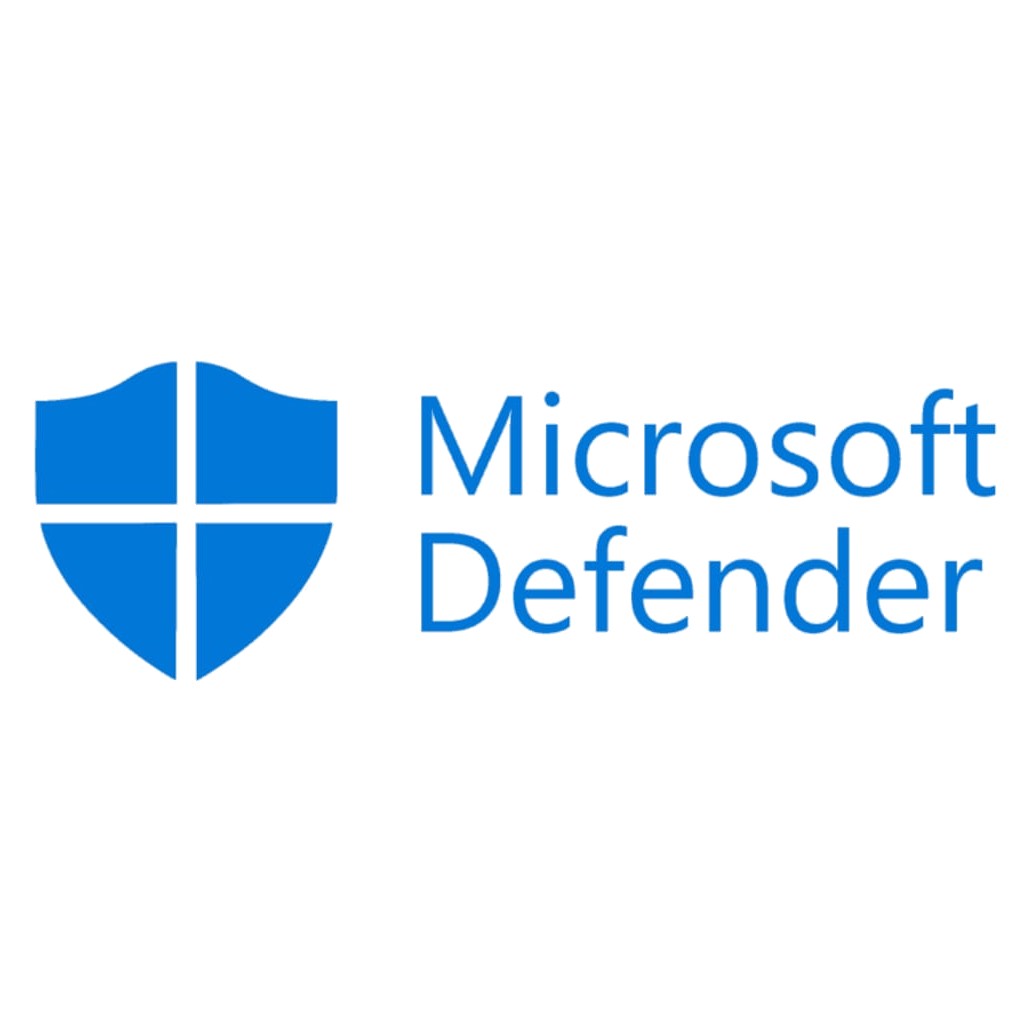
The best deal in antivirus and malware control is Microsoft’s free Defender. It not only comes preinstalled on every Windows system but it includes extras, like a password manager and ability to protect the Windows code base. However, it has several different interfaces and puts a heavy load on system performance.
Read more below
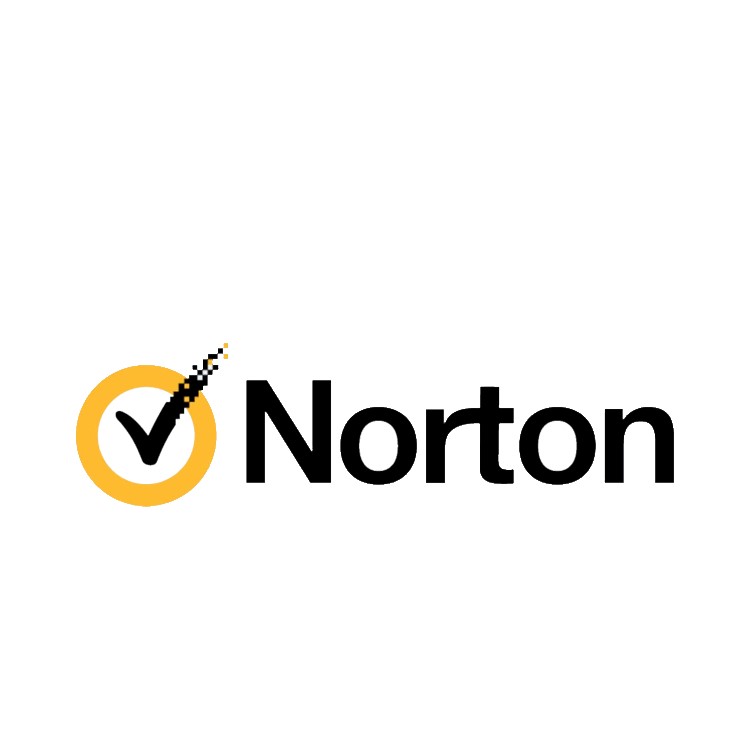
Starting with good malware protection and adding loads of security-minded goodies Norton 360 Deluxe’s defenses include webcam protection, password manager and backup software with included cloud storage, unlimited VPN use and the option of adding LifeLock ID protection insurance.

Acronis Cyber Protect Home Office may not be the cheapest security suite but it is the current value king with the best home backup software, online storage as well as malware and identity protection. It can even deliver blockchain verification of the completion of tasks but lacks mobile apps.
Read more below
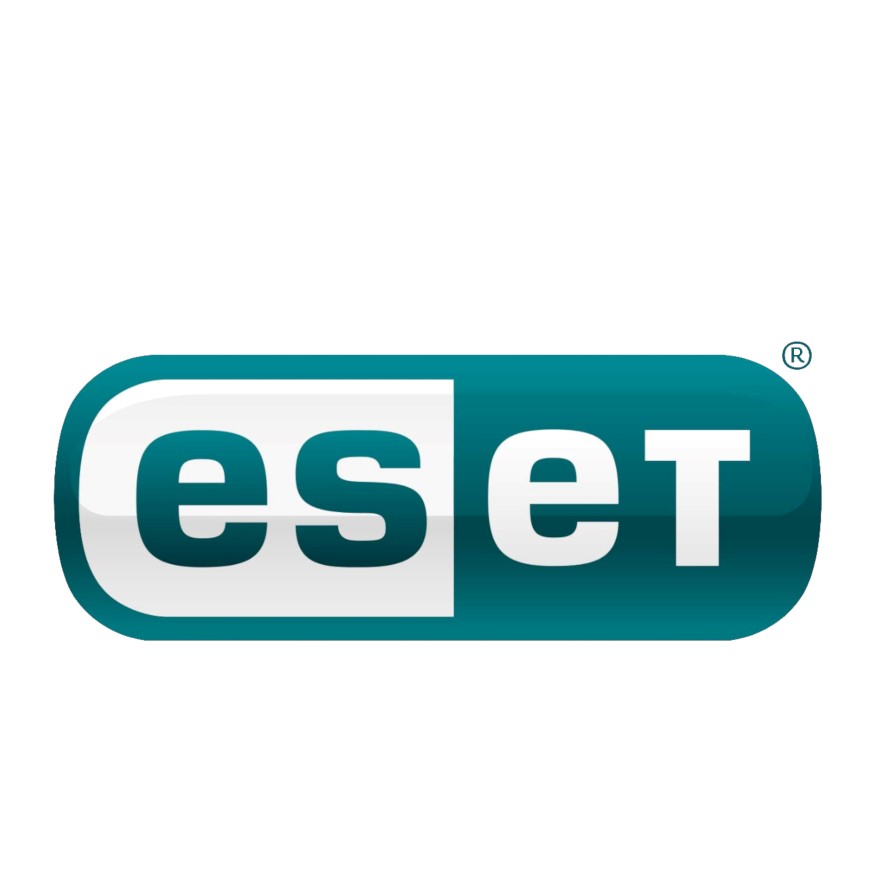
ESET Smart Security Premium is the performance champ of the AV crowd with the ability to protect without slowing a system down to a crawl. Its defenses are good and include webcam protection, a secure browser and file encryption but the program lacks the ability to surf the Web anonymously with a VPN.
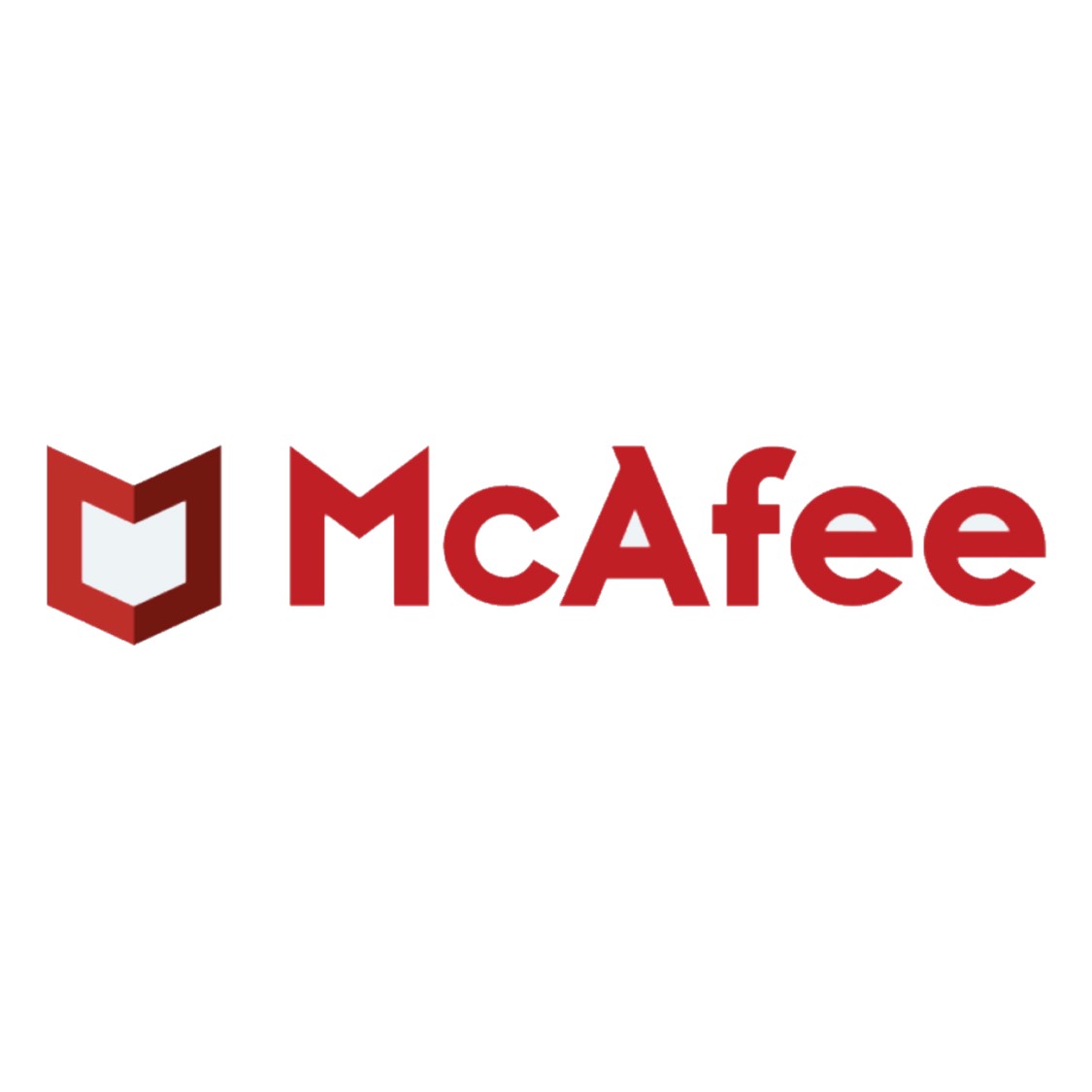
With one of the best interfaces around, McAfee+ Ultimate can protect without have to learn how to use it. The app includes an unlimited VPN and ID protection, but its AV scanner found too many false positive results and it can at times place a heavy burden on system performance.
Load the next 2 products...
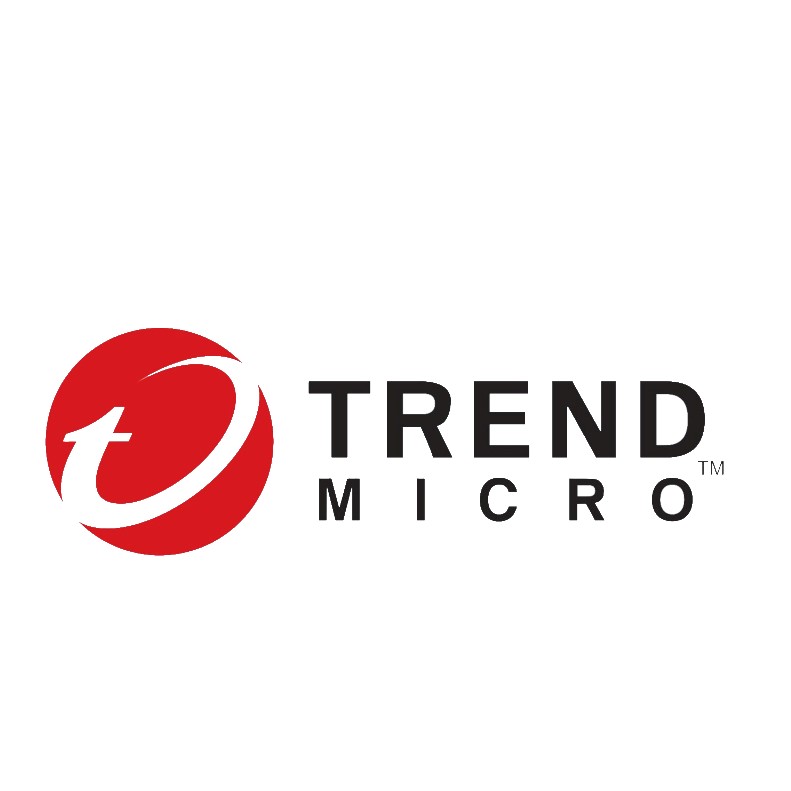
Trend Micro’s Maximum security suite may be the fastest app around to find malware on a system, but it saps too much of a system’s resources compared to the best and turned up too many false positives on testing. It has a secure browser, file encryption and a shredder for those with skeletons in digital closets.

Short on cash? Sophos Home Premium costs half as much as the others yet it delivers good protection with its corporate-level Intercept X technology. Overall, Home Premium is feature light without file encryption and shredding, a secure browser or a password manager.

With experience in testing, using and evaluating all manner of security tools, Brian Nadel has tried out and reviewed all of the major antivirus software suites over the years. He likes digging into all of their features and useful extras to see what was added or removed with each subsequent release. Brian has been testing and reviewing security software for Tom's Guide for the past 15 years but he also covers Wi-Fi routers and home networking too.
The best antivirus software you can buy today
The best antivirus software overall
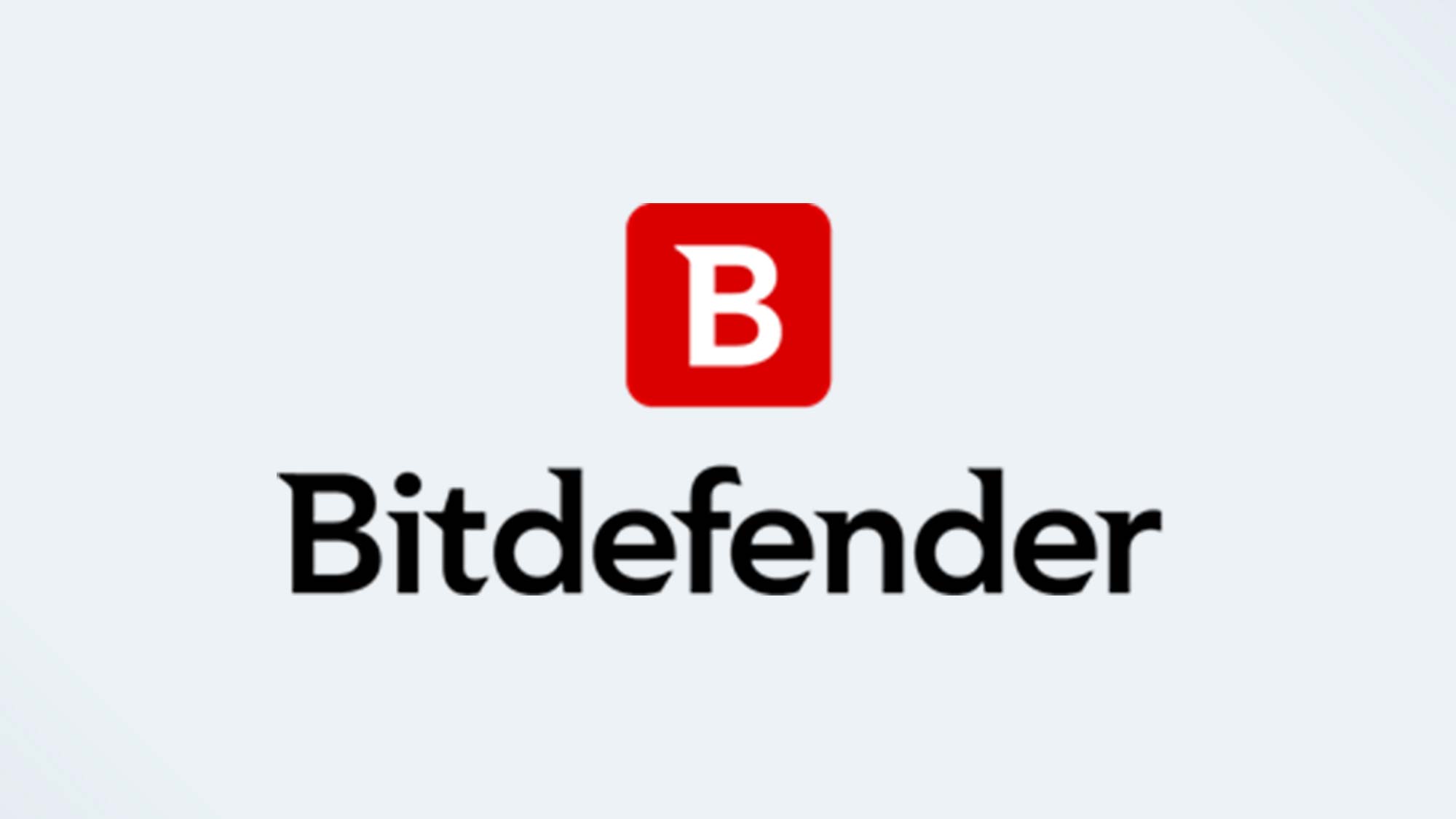

Specifications
Reasons to buy
Reasons to avoid
Bitdefender Total Security goes beyond the expected with top malware protection along with a slew of security-minded extras that make it the best choice for home users. Able to raise the security stance for any Windows system, Total Security is equally good at finding and eliminating existing threats as new ones. It can protect up to five computers for $100, while the minimalist Antivirus Plus can cover up to three computers for $60.
As complete as a security suite gets these days, Total Security has just about everything from a password manager, file shredder and secure browser to Web piracy software and an on-screen keyboard for hiding your login credentials; there’s add-on ID protection. On the downside, the included VPN is good for only 200MB per day.
Its ability to find and block malware is among the best with technology to stop suspect scripts, command line fileless attacks and memory exploits as well as preventing potentially unwanted applications (PUAs) and rootkits. If hit by encrypting ransomware, Total Security automatically copies the files under attack so that you have clean backup copies. It can also deliver an attack timeline for forensic analysis but the scanning engine extracts a moderate penalty on system performance.
If you’re looking for the most complete protection available today, Bitdefender Total Security is the one to get.
Read our full Bitdefender Total Security review
The best free antivirus software
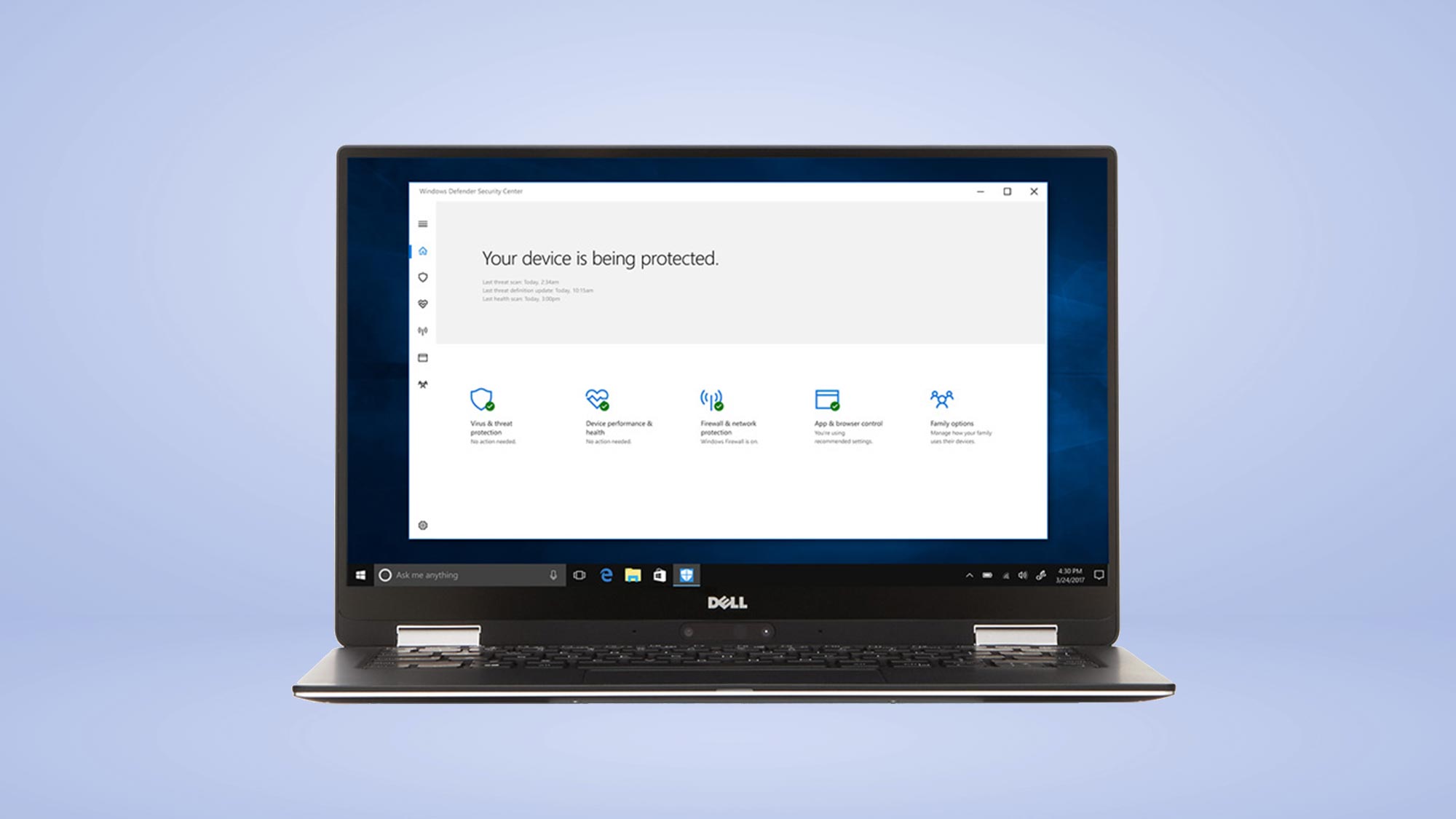
Specifications
Reasons to buy
Reasons to avoid
Unlike other free AV programs, Microsoft Defender comes preinstalled on every Windows system made, ready to protect it when it’s first turned on. More than a slacker’s approach to security, Defender is for those who want a secure PC but don’t want to work at it.
Its protection is quite good but Defender can be a resource hog. It imposes a huge burden on the system’s performance potential, with the possibility of slowing a system down to a crawl.
Over the last several years, Defender has gone from a zero to a hero that’s on top of every malware trend these days from behavioral analysis to UEFI startup code protection to preventing fileless attacks. It has a memory integrity scanner, looks at incoming email attachments and can prevent an enterprising hacker from rewriting Windows code. Those with secrets can opt out of collecting viral samples from your computer.
Defender includes several security-minded ancillary features, but they often require an additional Microsoft product. For instance, there’s no local rollback ransomware tampered files, but with a Microsoft 365 account, the program periodically saves files online for recovery while Defender’s secure browser and password manager meld with the Edge browser. Fortunately, the Windows Security portal puts access to it all in one place, easing protection.
With effective protection that’s absolutely free of cost, effort and hassle, Defender has finally earned its name.
Read our full Microsoft Defender review
The best antivirus software for features
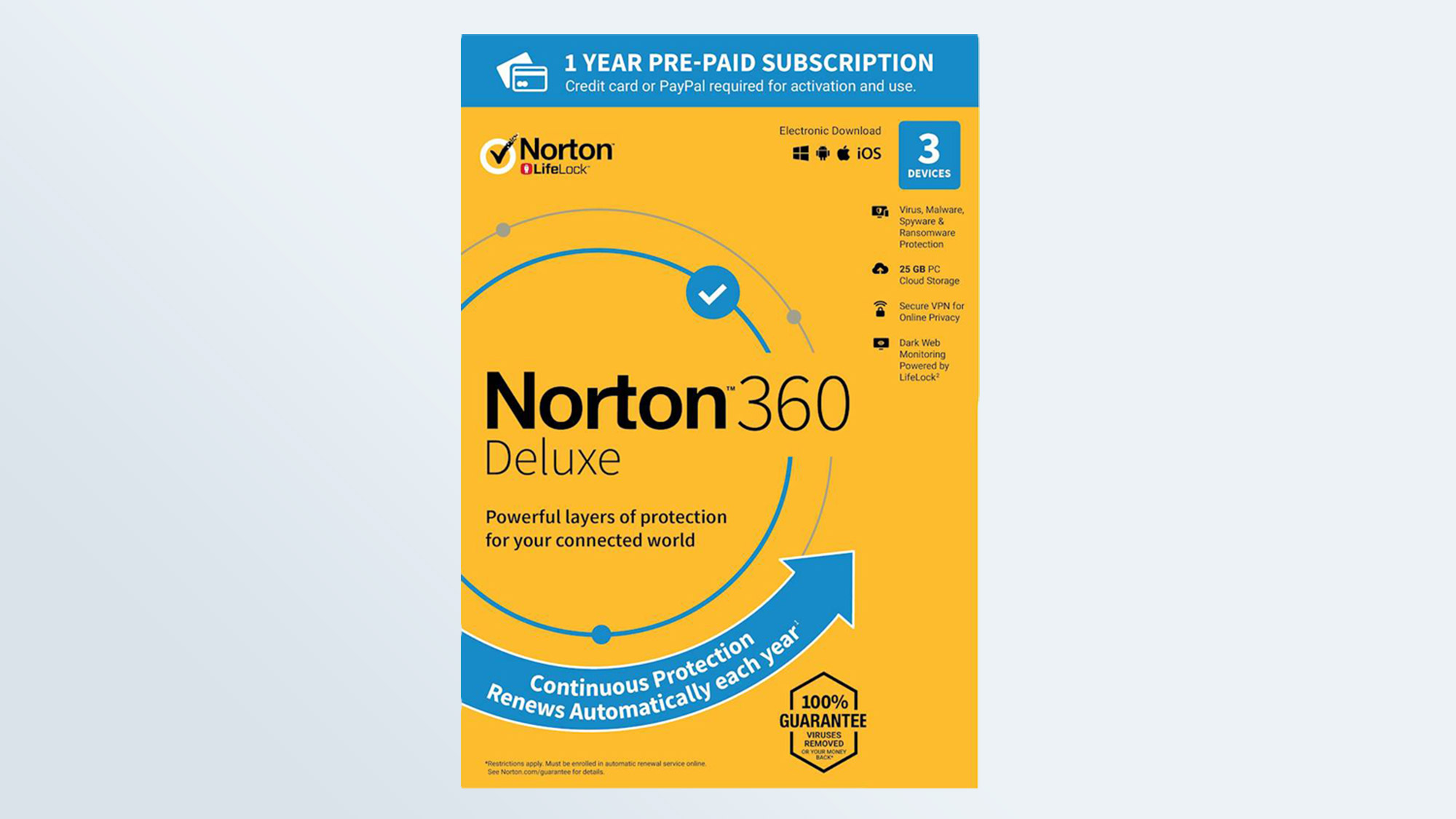
Specifications
Reasons to buy
Reasons to avoid
With seven main security products to choose from, picking the right version may be the hardest part of getting protection from Norton 360. The full-featured Norton 360 Deluxe stands out with all that most will need, including good malware protection, a password manager and a VPN with unlimited access. Able to defend five PCs for $120 a year, Norton’s entry-level AntiVirus Plus costs $60 for a single computer.
While its malware protection is better than most, Norton 360’s scanning engine saps too much of the system’s vital resources but can detect and destroy a wide variety of threats. More to the point, it came up with too many false positive determinations that safe software was dangerous.
Unlike most of its peers, Norton 360 Deluxe includes back-up software, which can be part of an effective defense against encrypting malware. The data can be stored locally or on Norton’s cloud servers with 50GB of space included.
What’s missing? Norton 360 Deluxe lacks the ability to destroy a file or encrypt it only for your eyes, but there’s the distinct advantage of being able to add LifeLock ID protection services and insurance. On the other hand, this can push the price of this program’s protection out of reach.
Read our full Norton 360 Deluxe review
The best antivirus software for value
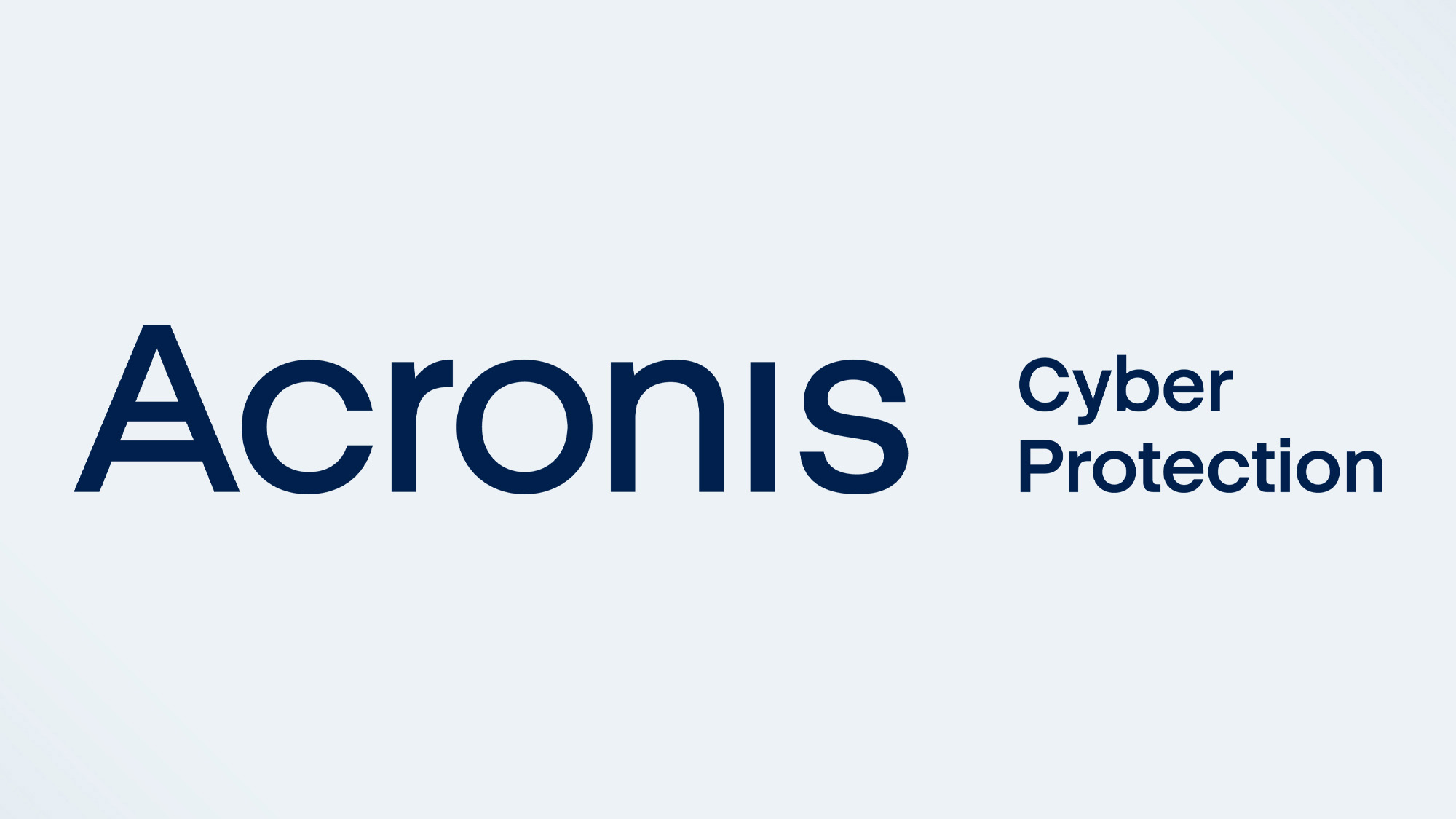
Specifications
Reasons to buy
Reasons to avoid
Instead of starting with malware scanning technology and adding extras, Acronis built its Cyber Protect Home Office (CPHO) around its excellent backup software and fleshed it out with a variety of vital security services. It not only protects computers from potentially unwanted apps, fileless attacks and script-based and memory threats but CPHO’s anti-ransomware defenses can restore files that are under attack.
The program falls short of the mark by doing without security mainstays like a VPN, firewall and a password manager. It also lacks the ability to defend phones and tablets with mobile apps for Android and iOS systems.
As you might expect, Acronis excels at backing up computers with local and online storage. The CPHO plan not only includes 1TB of storage space for backups but can provide blockchain verified certificates of completion. There’s also a slew of helpful tools and utilities but they tend to be separate programs with different interfaces.
Finally, while others treat ID protection as an expensive add-on, the CPHO plan includes ID protection features and $1 million of insurance and identity restoration services. At $190 to protect three PCs CPHO is not only close to an all-in-one approach to security, but a big bargain.
Read our full Acronis Cyber Protect Home Office review
The best antivirus software for performance
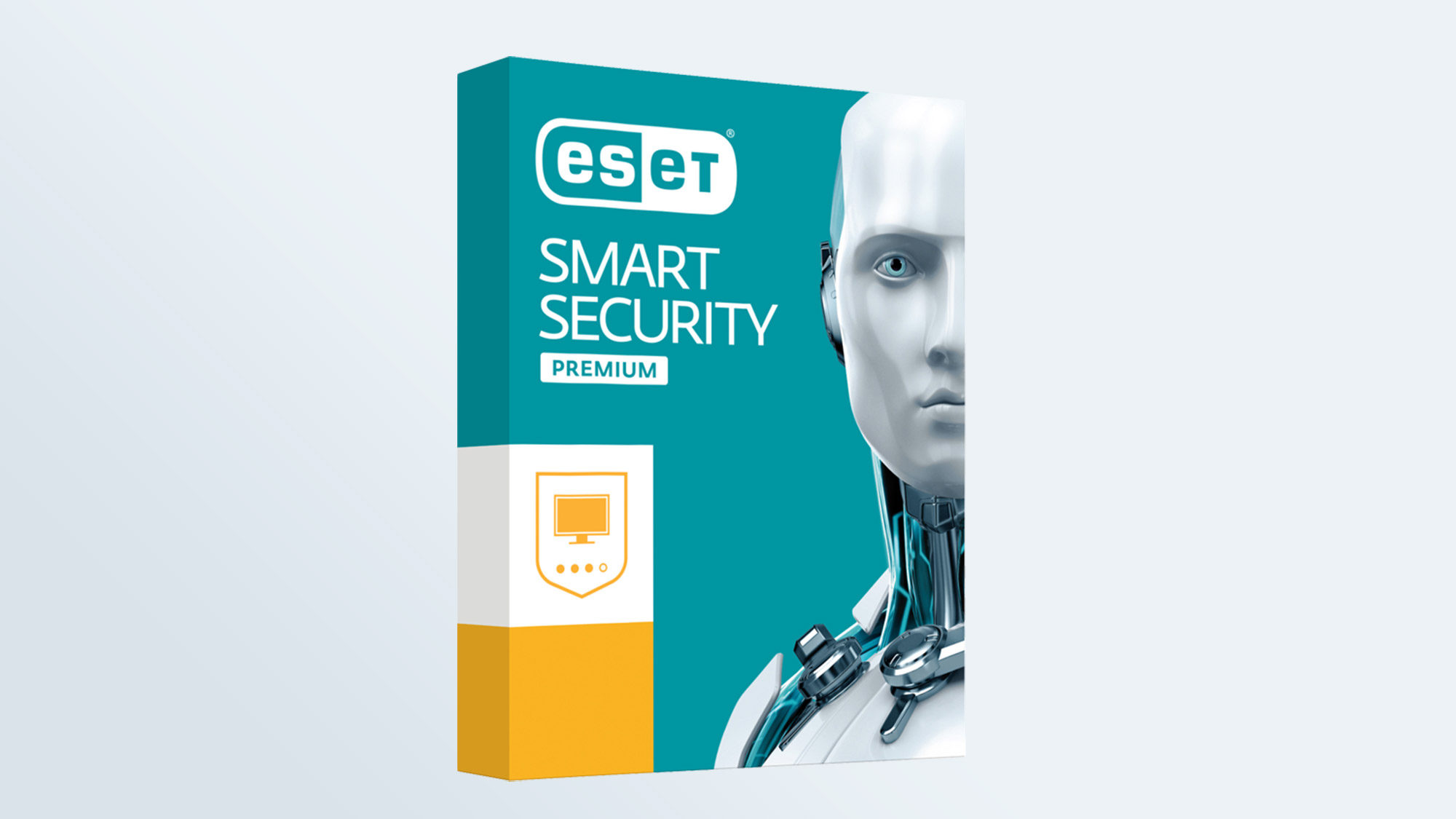
Specifications
Reasons to buy
Reasons to avoid
With good malware security and several useful security tools, ESET Smart Security Premium is a no-frills approach to defending a home’s computers that allows you to buy licenses one at a time as needed rather than wasting money by having to buy five or 10 packs. While the Smart Security Premium 10-pack costs $105, the basic NOD32 antivirus program costs $40 a year.
Smart Security Premium may not have a VPN or backup software, but the subscription includes a secure browser, webcam protection and a capable file encryption program. It can block phishing and script-based attacks while looking after the all-important Windows Unified Extensible Firmware Interface (UEFI) start-up code. There’re also innovative scanners for the Windows Registry and the Windows Management Instrumentation (WMI) repository.
The suite’s Ransomware Shield relies on advanced heuristic monitoring that aims to block threats before any damage is done. That said, the program doesn’t have file rollback in the event of an infection.
While all this protection might imply a heavy burden on the system’s operations, ESET’s takes the fast and light approach to Smart Security Premium. Its performance overhead during scanning was among the smallest we’ve seen with a tiny performance penalty. In other words, it's a good choice for those with older PCs to protect.
Read our full ESET Smart Security Premium review
The best antivirus software for families
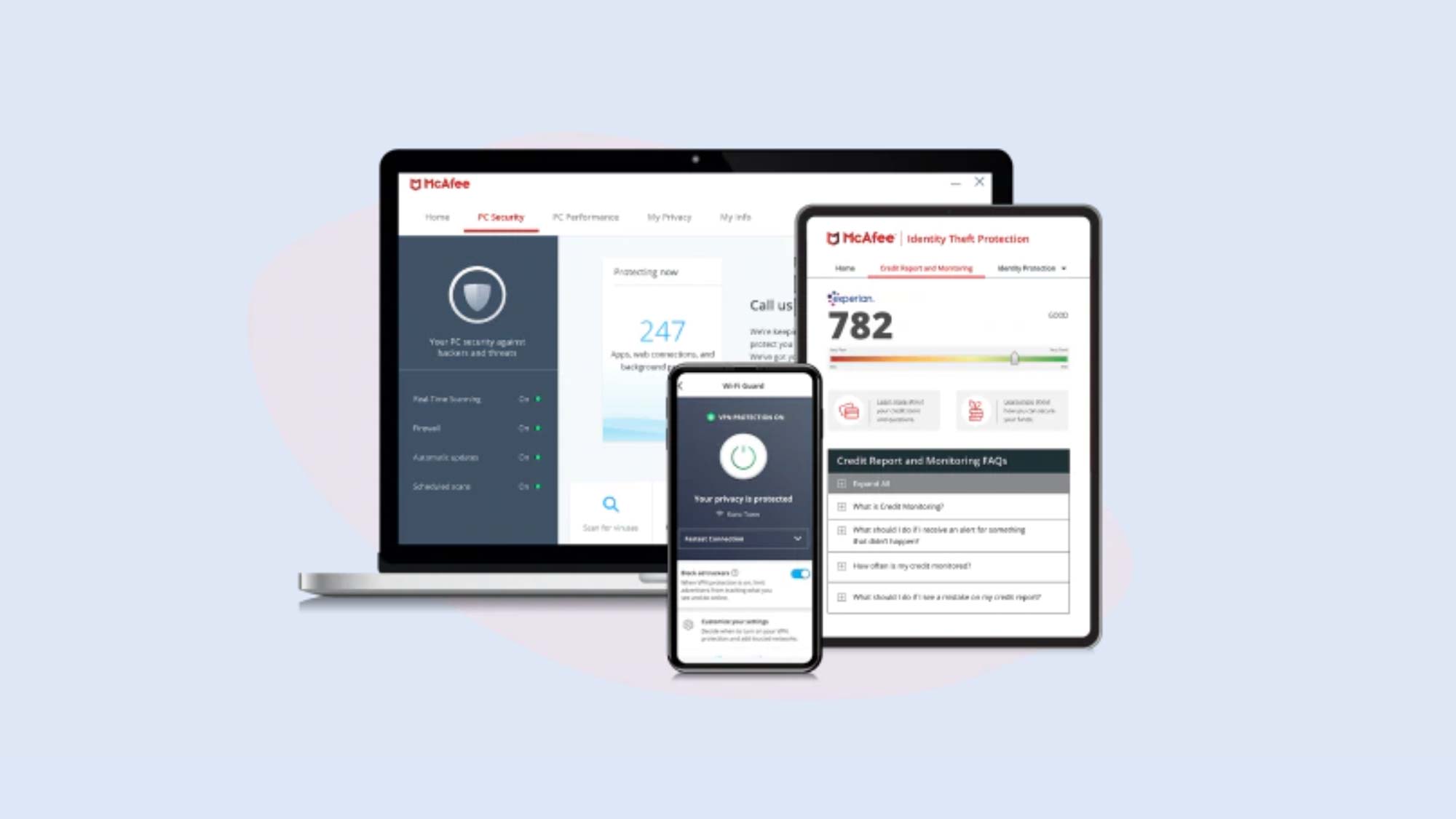
Specifications
Reasons to buy
Reasons to avoid
With a simple, straightforward and easy to understand interface, McAfee+ Ultimate sets itself apart from the crowd of security suites. Descriptive with cute illustrations, it gets the job done without much in the way of effort, extra thought or anxiety.
Priced at $400 for a family, McAfee+ Ultimate might seem radically overpriced until you realize that it includes credit bureau monitoring, ID protection and $2 million in insurance. There’s also unlimited VPN access, a password manager and a file shredder. The best kept secret is that McAfee’s Family plans can protect an essentially unlimited number of computers, making them perfect for large digital clans.
McAfee’s Next Gen Threat Protection does the basics with viral signature matching that includes those that are close enough to be potentially dangerous. Meanwhile, AI Scam Protection uses machine learning techniques to counter malicious AI threats while the program can detect and counteract personalized emails and fake websites. Its Ransom Guard can be triggered by suspicious file changes to roll back fresh copies of infected files.
That said, its malware identification and elimination was among the best but with a heavy drain and too many false positives. It’s our choice for those who want protection from malware, hackers and identity thieves but don’t want to think about it.
Read our full McAfee+ Ultimate review
The best antivirus software for banking
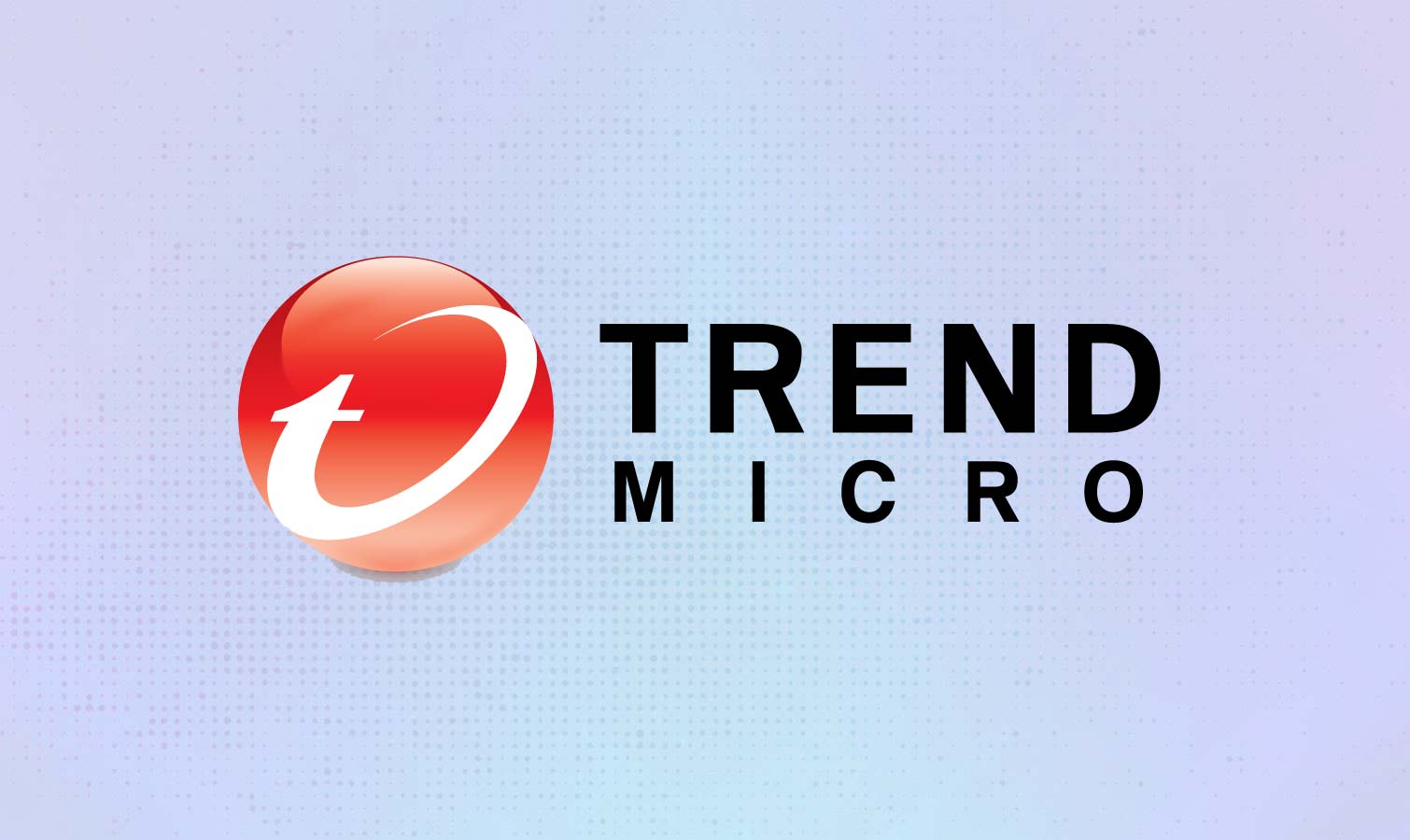
Specifications
Reasons to buy
Reasons to avoid
Although it delivers acceptable malware protection, Trend Micro’s Maximum Security plan is a paradox for security suites. Maximum Security has one of the lightest background burdens of all the programs we looked at while it's idle but that changes into one of the heaviest burdens during actual malware scanning. Thankfully the scanning is among the fastest around but this could potentially bog a computer down while Maximum Security is protecting it.
On the other hand, Maximum Security has the essentials for malware-free computing with defenses against things like memory and fileless attacks as well as phishing, tech-support scams and cryptocurrency-mining malware. Its Folder Shield protects key files from being encrypted by ransomware with the Documents, OneDrive and Pictures folders protected by default.
That said, Trend Micro goes beyond the basics with items like file encryption and shredding as well as a secure browser, while its password manager can hold all your log-in credentials but the program does without Webcam protection. If you can put up with its huge performance overhead during scanning, Maximum Security can protect with lightning fast scans.
Read our full Trend Micro Maximum Security review
The best antivirus software for fast scans
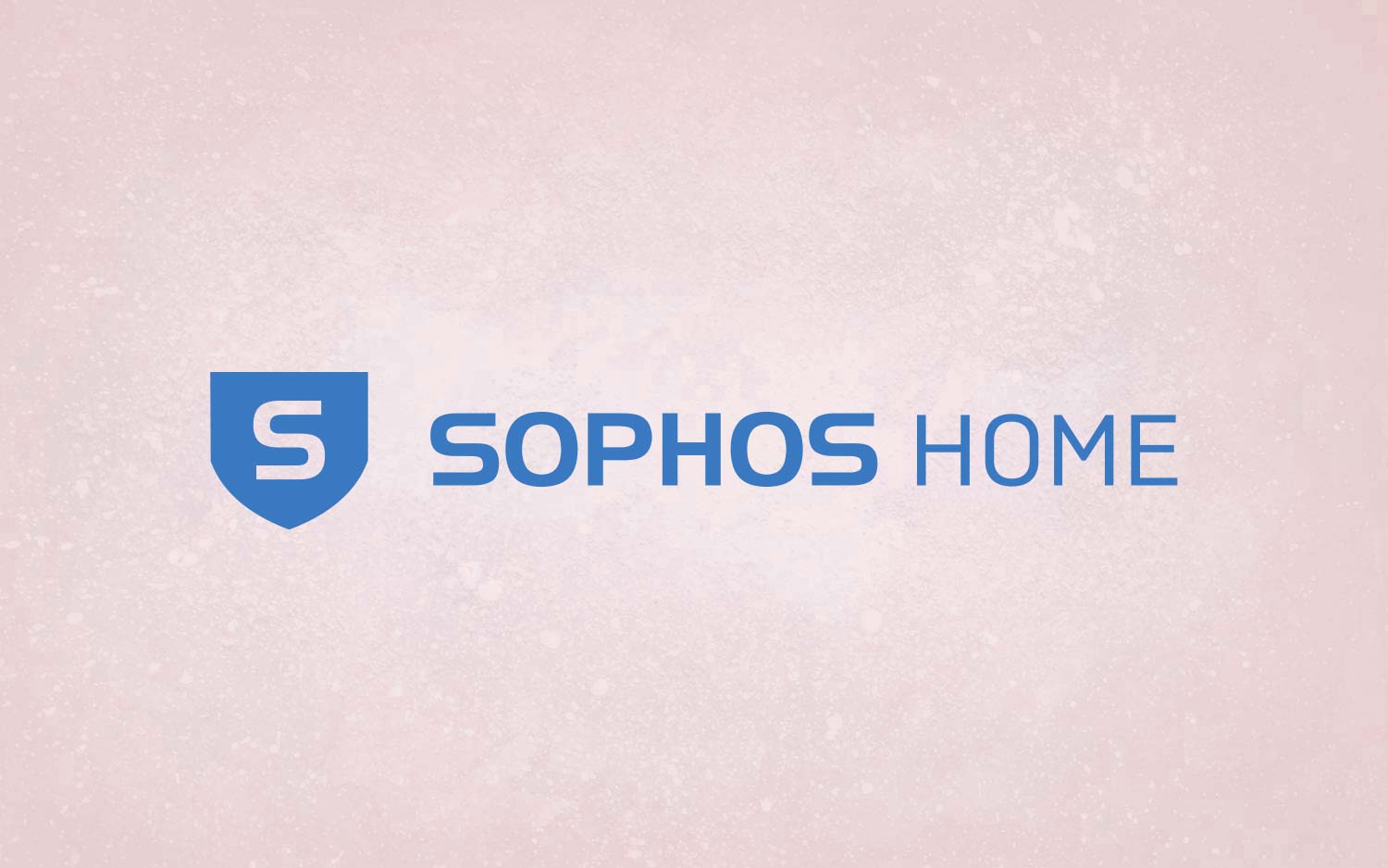
Specifications
Reasons to buy
Reasons to avoid
When it comes to Sophos Home Premium, price is everything. Among the least expensive ways to protect home computers, the Home Premium package costs $45 a year for up to 10 systems – half as much as most of its competitors.
Home Premium does the basics well with the company’s enterprise grade Intercept X corporate security technology. It can not only block boot-sector malware and the Unified Extensible Firmware Interface (UEFI) startup exploits but fileless attacks as well. The program is on the look-out for threats to the Windows Encrypting File System (EFS) and locks down its own code.
The budget pricing is at the cost of leaving out foundational security techniques like file encryption and shredding, a secure browser and a password manager. The program does have webcam protection and has excellent remote capabilities with the ability to monitor and scan any connected computer protected by Home Premium.
Its malware identification and elimination is adequate although it’s among the fastest at sifting through a system for threats. On the downside, scanning inflicts a moderate performance penalty and leads to an annoying number of false positives.
It may not be perfect but Home Premium makes a value statement that’s hard to miss. It’s for those needing to protect computers on a tight budget.
Read our full Sophos Home Premium review
How to choose the best antivirus software for you

When choosing an antivirus software, the top priority among all other decisions should be how well it performs to keep your system safe from malware and viruses. In order to help you determine which of the many options out there do best at protecting your devices, we use results from tests conducted by three different independent labs to help us determine which antivirus program excels at finding and eliminating malware threats.
We also perform our own tests to see how much each program slows down your system, and how many resources it will consume to run both while scanning and while running in the background. You’ll also want to read reviews online to see what other users have to say about their experiences with using the software, how it performed, what the interface was like and how responsive the customer service was.
Next, consider the needs of your household and what devices you want to protect. How many family members do you have in the home? And how many devices do each of them need coverage for? What platforms do each of those devices use? Make a list of what devices and operating systems you need coverage for, as not all antivirus programs will cover all of them and some will offer bundles for multiple family members or devices.
Narrow down the features you would like to see included in your antivirus program – because most antivirus programs offer so many features it’s easiest to start out by making a list of what features are most important to your needs. Do you also need parental controls? Is a VPN important to you? Would you like a password manager or file shredder? What about a hardened browser or a firewall or webcam protection? Think about what you’d like most as additional security features and list them out, and see what the top antivirus programs offer.
Lastly, consider how much you want to spend – some antivirus programs will offer bundles for their suites, or tiers, that will package deals that include numbers of licenses or devices protected for a single purchase. And check a company’s website for any trial offers as many will give you 30 days to try out their program for free before purchasing.
Free vs paid antivirus software
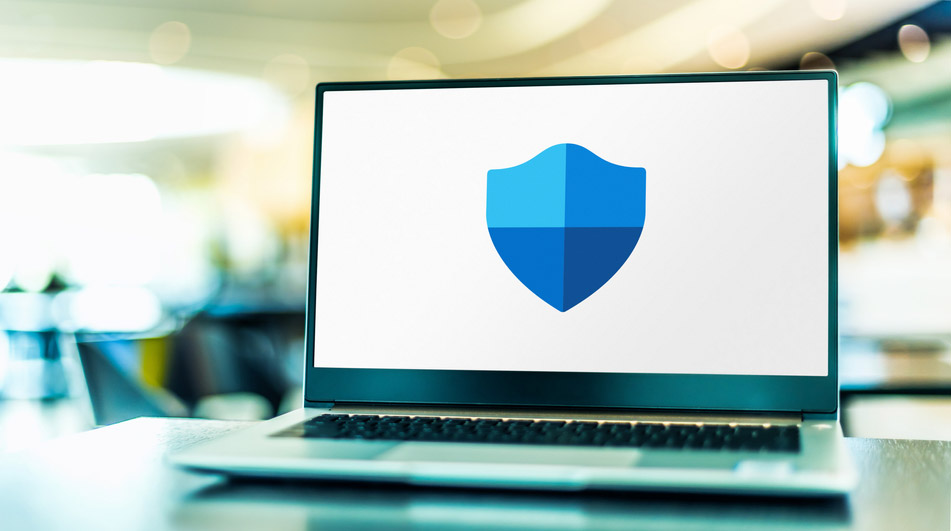
With so many antivirus programs to choose from, there’s absolutely no reason for your PC or smartphone to go unprotected – especially when there are free programs available to choose from as well. So, why would you bother paying for something that you didn’t have to? Well, there are lot of reasons to choose one antivirus program over another but if you’re looking specifically at just free versus paid antivirus programs there are a few reasons to choose one over the other.
Free antivirus software will always provide users with the basis protections against the most common malware threats, and will block dangerous files and applications. It should also warn you about suspicious websites, offer a cleanup option for infected files or apps and recognize when unknown devices are using your network.
However, a paid option is going to go a step beyond that and offer more comprehensive security features – more advanced protections against unknown or upcoming threats, a more thorough feature set including VPNs, password managers, a file shredder that will fully remove deleted files and may cover more devices including tablets and smartphones. Paid antivirus software also generally includes customer support via phone, chat or instant messaging and email whereas free versions will not.
Paid services will add functions like an ability to customize your antivirus service, a feature to block suspicious sites, and a backup service to save data or back up devices. It might also include features like webcam protection, remote control prevention to keep others from controlling your system, and the ability to run apps or software in a “sandbox” setting.
Paid antivirus software also generally includes customer support via phone, chat or instant messaging and email whereas free versions will not. If just the basics will do, a free version will be enough but if you’re looking for something more then it’s worth looking at some paid options.
How we test the best antivirus software
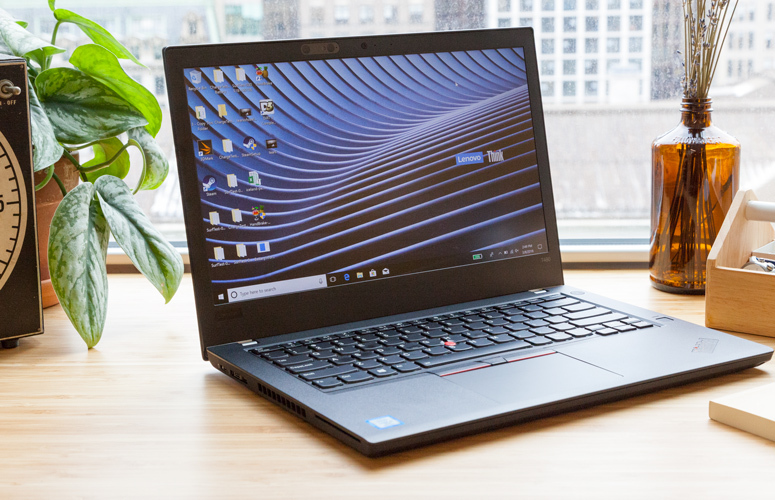
We evaluated each antivirus program based on its interface, performance, protection, extra features and – above all – overall value.
After timing and rating the installation process’s ease, we looked at whether the interface was simple and straightforward, convoluted and difficult to grasp – or something in between. Next, we went through all the major and many minor features that each suite provides, including VPN access, file shredding and backup software, if included.
As far as performance goes, we measured how much the system slowed down while the program was scanning for malware using a Lenovo ThinkPad T470 with a 2.5GHz Core i5-7200U processor, 8GB of RAM and 256GB of solid-state storage containing 43.3GB of files. In order to gauge each program’s impact on system performance, we used our custom Excel test which measures how long a PC takes to match 20,000 names and addresses on a spreadsheet. The longer the task takes versus a baseline reading, the more the system performance is impacted.
For malware detection performance, we referred to results from tests conducted by three independent labs: AV-TEST in Germany, AV-Comparatives in Austria and SE Labs in England. Each lab periodically subjects major antivirus programs to stress tests that include thousands of pieces of malware as well as hundreds of “zero-day” samples that the software has to learn to recognize. We paid particular attention to false positive readings of safe software deemed dangerous by the program under review as an indication of the precision of the program’s scanning technology.
For more information, check out our how we test antivirus software and apps guide as well as our more general how we test page for Tom's Guide.
Antivirus FAQ

How does antivirus software work?
Well, antivirus software is designed to run in the background and scan your computer in order to find, quarantine and eradicate a computer virus. Ideally, an antivirus program can also protect your computer from an infection before it occurs, blocking attacks and keeping your data safe from any piece of code that intends to cause it harm.
Your computer is basically an open endpoint on the internet and there are a wide variety of viruses that can cause harm to your system, either by making it inaccessible, slowing it down, disrupting services or by stealing your information. You often won't even know that your computer is infected.
Antivirus software runs in the background to monitor your internet connection and look, in real-time, for harmful software. It can detect software against signature files that are constantly updated by looking for patterns in the code that match a known threat. That means the antivirus software can quarantine a file and block a virus to protect your computer before an infection occurs.
Apart from this, an antivirus program can also periodically scan your hard drive looking for malicious software, though it's becoming less common to install apps and store data locally. The best antivirus software can do both, and some will now use AI to complete these tasks.
Do you really need antivirus software?
If you're not pirating software or doing anything really advanced online, do you really need to get antivirus software for your computer? Absolutely. It doesn't matter if you intend to design your own video game, or just want to check your email, if you have a computer – and especially if that computer is online – you absolutely, positively should have an antivirus software installed.
Microsoft computers come with Microsoft Defender built-in, so it's easy enough to set it up and forget about it if you just want to run with a free option. However, you do need to make sure that your system is protected against malware and other nastiness that exists online.
Why? Because there are a million ways that hackers and threat actors are trying to work their ways into your machine – and even if you're extremely careful, it's possible that you may miss the latest scam. Or maybe you let someone check their email on your laptop and they click a link in a phishing attempt. Perhaps a software download you try is actually an incorrect URL that leads to a malicious site. Or you didn't update your operating system and there's a vulnerability that allows a hacker access. Maybe you didn't have a password manager and now several of your accounts have been breached. You get the picture – an antivirus software, and it's many included features, can provide you with a lot of added protection no matter how careful you are online.
Which antivirus software is completely free?
One of the first questions many people will ask themselves about antivirus software is "Do I really need to pay for antivirus software?" And as we've covered before, no, you do not.
Microsoft Defender comes built-in to Microsoft systems and we've found it has actually come quite along way. Not only does Defender now offer quality malware protection – showing an ability to detect, block and neutralize viruses – but it also comes with a solid array of features.
There's a password manager and parental controls, and a feature for the Edge browser that can block known malicious websites and downloads. It will also allow you to schedule scans.
However, like all free antivirus software you do lose out of many of the features that come along with a paid version such as a VPN, ransomware rollback and – a heft drawback for some users – you will be stuck using Microsoft products to access some of these features like using Edge or Microsoft Teams.
If that's a dealbreaker, you can look at other free antivirus software programs (Avira, AVG and Avast all have one), or you can try out a free 30 day trial of a paid software.
When can you temporarily disable your antivirus?
There are not many instances when it's a good idea to disable your antivirus program but here is a short list of when it may be appropriate: when you're troubleshooting an issue with a program or software, and need to turn it off to identify if your antivirus program is interfering or causing the problem, if you need to download a trusted program and your antivirus is flagging it as a threat, or if you need to use a specific network configuration.
Even in these instances, it is always considered to be best practices to immediately turn your antivirus program back on as soon as you've completely your tasks to minimize the risk of any threats.
Sign up to get the BEST of Tom's Guide direct to your inbox.
Get instant access to breaking news, the hottest reviews, great deals and helpful tips.

Amber Bouman is the senior security editor at Tom's Guide where she writes about antivirus software, home security, identity theft and more. She has long had an interest in personal security, both online and off, and also has an appreciation for martial arts and edged weapons. With over two decades of experience working in tech journalism, Amber has written for a number of publications including PC World, Maximum PC, Tech Hive, and Engadget covering everything from smartphones to smart breast pumps.
- Anthony SpadaforaManaging Editor Security and Home Office
